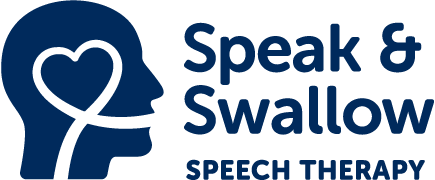Description
Online (LIVE) Course | Wednesday 3rd June 2026
Our team of experienced Senior Speech Pathologists, with over a decade of experience supporting adults with dysphagia, are now offering training to equip clinicians to deliver EDAR care with confidence.
We understand that navigating EDAR with clients can be daunting, no matter your experience level. After completing our course, you’ll be confident in navigating complex discussions and long-term management with your clients, their families, and support teams. You’ll be able to advocate for and maintain the quality of life of your clients while upholding ethical and medico-legal standards.
In the course, you’ll learn alongside other passionate Speech Pathologists in a safe, simulated environment, and be guided through real case studies from clinicians who have been in your shoes. By the end of the day, you’ll have a comprehensive toolkit to support your clinical decision making and management of EDAR cases for many years to come.
What you’ll learn:
- Demonstrate understanding of current national guidelines, policies and documents that are relevant to eating and drinking with acknowledged risk and how they impact speech pathology practice
- Demonstrate understanding of different terminology including informed choice, shared decision-making, EDAR, comfort feeding, and how they may be inter-related
- To be able to lead discussions to facilitate shared decision-making regarding eating and drinking with acknowledged risk
- Identify key-stakeholders and their role in supporting shared-decision making with the client
- Demonstrate ability to integrate evidence-based frameworks (e.g., WHO ICF, SPA Position Statements, NDIS Quality and Safeguarding Framework) to support clinical reasoning and justify EDAR recommendations.
- Develop skills in communicating complex risk information clearly to clients, families, and support teams using accessible, person-centred language.
- Feel confident in implementing and recommending strategies that may reduce risk and increase comfort for clients who are eating and drinking with acknowledged risk
- Understand potential ethical dilemmas in EDAR and how to navigate these
- To be able to accurately document EDAR decisions in case notes and mealtime management plans
- Demonstrate understanding of how to review, monitor, and revise EDAR plans over time in response to client changes, feedback, or clinical incidents.




